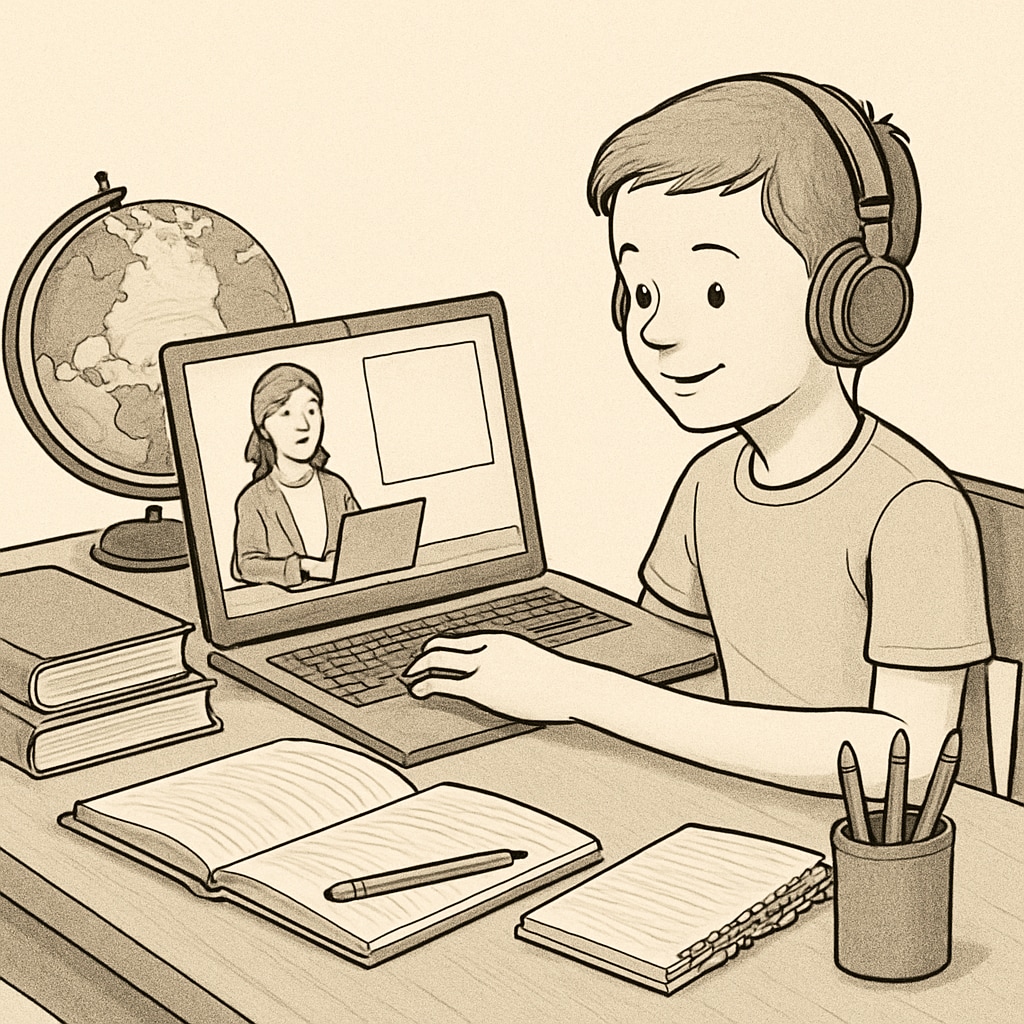Online public schools are becoming an increasingly popular choice among families. As education technology advances, many parents are exploring this alternative education method. Their motivations range from the desire for personalized learning experiences to the need for greater flexibility in family schedules. Understanding why parents are choosing online public schools sheds light on the evolving landscape of education and the priorities of modern families.
Personalized Learning: A Key Driver for Parents
One of the most compelling reasons parents turn to online public schools is the opportunity for personalized learning. Unlike traditional classroom settings, online platforms often allow students to learn at their own pace. This adaptability is particularly beneficial for children who may excel in certain subjects but need extra support in others. With tailored curricula and flexible deadlines, parents see online education as a way to meet their child’s unique needs.
For example, a student with a passion for science may have access to advanced courses that might not be available in their local school district. Similarly, children with learning disabilities can benefit from specialized tools and resources that are integrated into many online platforms. Studies have shown that personalized learning enhances student engagement, leading to better academic outcomes. Learn more about personalized education approaches on Britannica.

Flexibility to Suit Modern Family Lifestyles
Flexibility is another significant factor driving parents toward online public schools. Modern families often juggle multiple responsibilities, including work, extracurricular activities, and caregiving. Online education provides a solution by removing the constraints of a traditional school schedule. Parents can plan lessons around family priorities, ensuring that education fits seamlessly into their daily lives.
This flexibility is especially appealing to families who travel frequently, such as military families or those with career-related relocations. Additionally, parents of young athletes or performers appreciate the ability to adapt schooling around practice and competition schedules. According to a report by the U.S. Department of Education, flexible learning environments are increasingly valued by parents seeking work-life balance.

Safety and Accessibility Concerns
In recent years, safety and accessibility have become top concerns for parents. Online public schools offer a way to address these issues. For families in areas with overcrowded schools, limited resources, or safety concerns, virtual learning presents an appealing alternative. Additionally, online public schools eliminate the need for long commutes, making education more accessible for students in rural or remote locations.
This model also ensures continuity of education during unexpected events, such as natural disasters or public health crises. As a result, many parents view online learning as a reliable and secure option in an unpredictable world. For further insights, explore the concept of online schools on Wikipedia.
Challenges and Considerations
While the benefits are clear, parents must also consider the challenges of online public schools. For instance, students may need strong self-discipline and time-management skills to succeed in a virtual environment. Additionally, parents often play a more active role in their child’s education, which can be demanding for those with limited time.
Another concern is socialization. Without traditional school settings, parents must find alternative ways for their children to interact with peers. Many online schools address this by offering virtual clubs, extracurricular activities, and in-person meetups, but these solutions may not fully replicate the social experiences of a physical classroom.
The Future of Education
Online public schools represent an important shift in how education is delivered. As technology continues to evolve, these programs are likely to become even more sophisticated, offering enhanced learning opportunities and greater accessibility. For parents, the decision to choose an online public school reflects a desire to prioritize their child’s individual needs and adapt to the demands of modern life.
In conclusion, the rise of online public schools highlights the dynamic nature of education. Whether driven by the need for personalized learning, flexible schedules, or safety concerns, parents are embracing this model as a viable alternative to traditional schooling. As more families explore this option, the education system will continue to adapt, shaping the future of learning for generations to come.
Readability guidance: The article uses short paragraphs and clear transitions for readability. Lists and headings help organize information, and the content balances benefits with considerations to provide a comprehensive overview.


